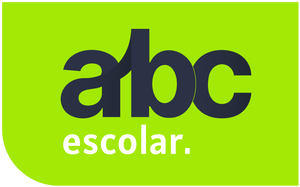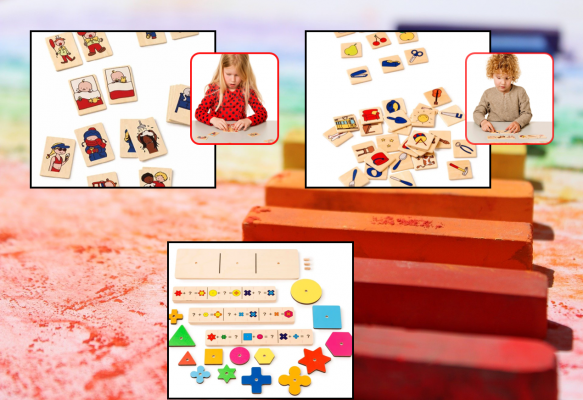Learning is a process that encompasses the acquisition of knowledge, values, attitudes and the development of skills and abilities. In fact, the experiences that children acquire throughout their lives are fundamental to their personal and socio-emotional development.
Discovery learning: the role of school and teacher
The educational process must be stimulating and value the characteristics of each child so that learning is meaningful. However, the educator/teacher must take into account the individual development of each child, as each child develops differently.
For this reason, it is up to schools to provide opportunities for each child to develop their abilities to the fullest, in order to prevent them from growing up with limitations in a certain area of knowledge.
This article proposes the use of some educational resources that allow expanding the possibilities for children to acquire new knowledge and develop different skills from the first years of school.

In this sense, the use of educational resources can contribute to expanding these opportunities, thus respecting the cognitive development of each child and thus favoring their individual potential. For this reason, teaching different areas is essential, as it allows the development of individual intellectual combinations, based on the systematic evaluation of the potential and development of each child.
The sensitivity of each educator/teacher to understand and know how to stimulate the potential of each child is essential for effective learning. In this way, each child can learn and develop skills and abilities, as long as they are properly considered and stimulated.
The importance of using educational resources
Some educational resources allow for discovery-based, intuitive and active learning. They also help to awaken children's curiosity, providing new experiences and discoveries and enabling children to be active subjects in the construction of their own knowledge. In this sense, children develop the ability to think for themselves and increase their autonomy and self-efficacy in carrying out different activities.

In this type of learning, the educator/teacher guides and monitors the learning process and provides the necessary tools and resources for the child to develop knowledge on their own, in an autonomous and creative way, but also in a pleasurable way.






